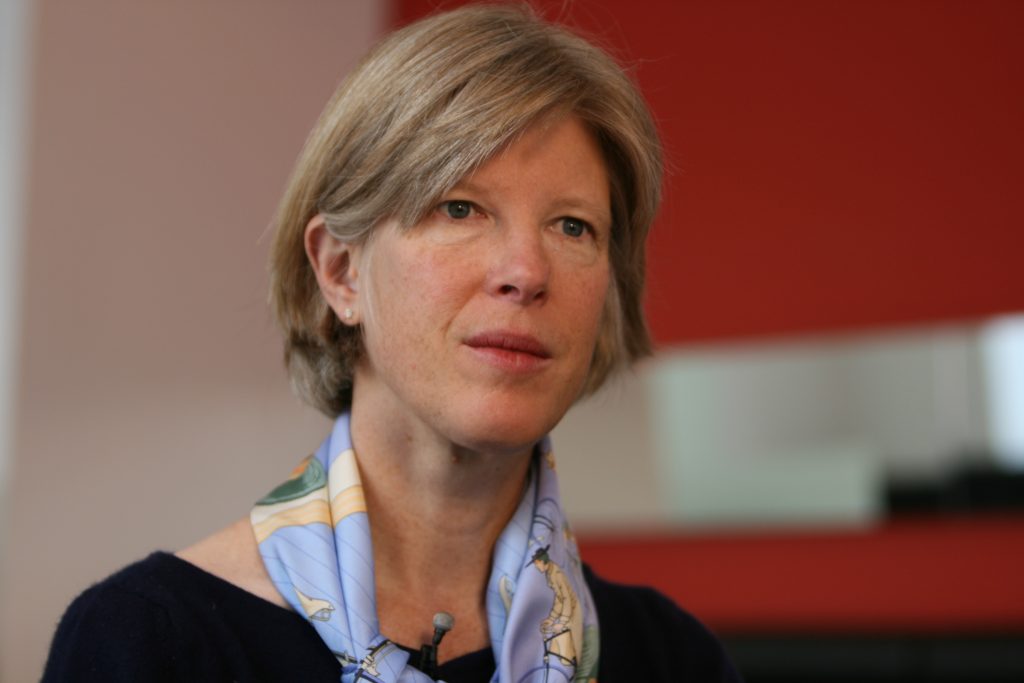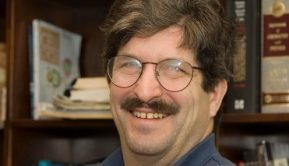Cynthia Kenyon

Cynthia Kenyon
Future: Aging – Facing the Challenge
Cynthia Kenyon is a molecular biologist and biogerontologist known for her genetic dissection of aging in a widely used model organism, the roundworm Caenorhabditis elegans.
She is the vice president of aging research at Calico Research Labs, and emerita professor of biochemistry and biophysics at the University of California, San Francisco (UCSF).
Kenyon is recognized as a pioneer, who first showed that the aging of the C. elegans worm is under genetic control, identified key genes involved in the regulation of aging and demonstrated the mechanisms by which these genes control aging. Through visionary and rigorous studies with C. elegans, she established that a hormonal pathway controlled by insulin-like and IGF-1-like hormones is a major determinant of the rate of aging in the worm.
Thanks to Kenyon’s pioneering studies, there is now strong reason to believe that genetic or drug-induced extension of lifespan could delay the onset of diseases associated with old age. This concept has revolutionary implications.
Kenyon became involved in investigating the aging process in the early 1990s. By comparing C. elegans worms with normal (short) life span and long-living C. elegans mutants, Kenyon discovered that mutations that reduced the activity of the daf-2 gene doubled the lifespan of the worms, which remained youthful and active much longer than their wild-type, normal counterparts. These observations suggested that daf-2 mutations altered the rate of aging, suggesting that a single specific gene could have a truly profound effect on aging.
Kenyon also discovered the daf-16 gene as having the potential to keep an animal young. The daf-2 and daf-16 genes affect lifespan by influencing the level of the body’s antioxidants, the integrity of its immune system, its ability to repair its proteins, and many other life-extending processes. Another important finding was that the daf-16 gene is influenced by signals from the environment and also by signals from the reproductive system. This finding was used to extend the lifespan of worms six fold.
Other investigators showed that daf-2-like genes control the lifespan of fruit flies, mice and possibly also humans. When these genes are altered, aging can be slowed and lifespan can be extended.
In summarizing her own achievements and those of her research team, Kenyon wrote, “to me it seems possible that a fountain of youth, made of molecules and not simply dreams, will someday be a reality.”
Among Kenyon’s honors are a member of the National Academy of Sciences; American Academy of Arts & Science; Honorary Doctorate, University of Paris; King Faisal International Prize for Medicine, La Fondation IPSEN Prize; and the AARP Inspire Award.


